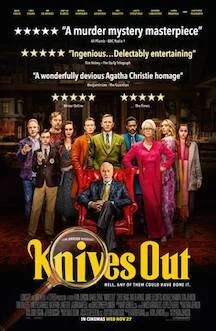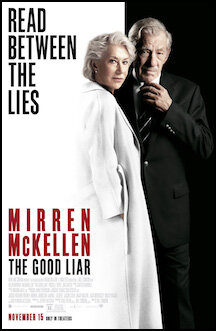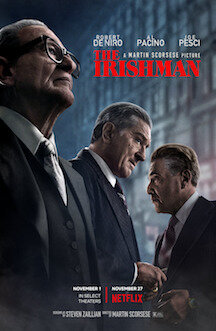Direction: Céline Sciamma
Country: France
It’s the end of the 18th century. A talented Parisian painter, Marianne (Noémie Merlant), gets into a boat to a remote island in Brittany. She was hired to draw a portrait of a young aristocrat, Heloise (Adèle Haenel), who refused to pose for former painters. The portrait will serve to attract potential suitors, but Heloise has no interest in getting married whatsoever. Yet, by the will of the Contessa, her mother (Valeria Golino), it seems she has no way to dodge that destiny. The resistance/passivity duality that emerges from the situation naturally aggravates after painter and subject fall for each other.
With a quasi-literary essence, Portrait of a Lady on Fire emerges as a slow-burning period piece, perfectly cast and combusting with aesthetic sophistication. The simple, intimate plot is handled with authenticity by writer/director Céline Sciamma, who has here a major triumph after the positive impressions left with former works, Tomboy (2011) and Girlhood (2014). Behind the camera, she doesn’t wobble not for a second, demonstrating how confidently and stylishly she handles the material. There’s a smart parallel story involving abortion and stupefying moments of music.
The painter’s recollection may be bittersweet, but for us is unforgettable such is the magnetic emotional resonance of Merlant and Haenel’s performances. They are extraordinary actresses.
I don’t remember the last time I was pulled into a quiet film this arrestingly. Hence, this is one of those cinematic treats to be remembered, not regretted.




























































